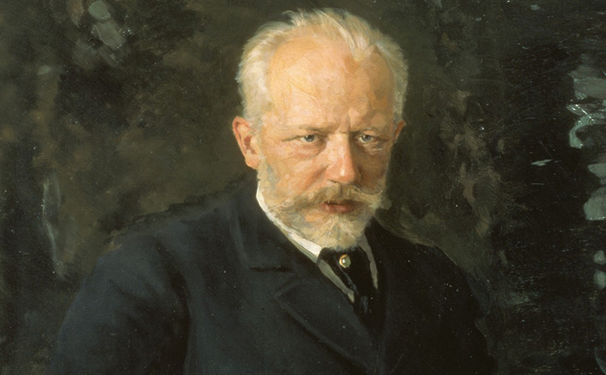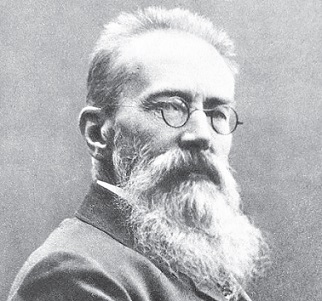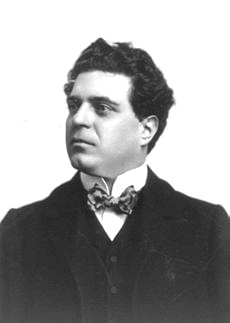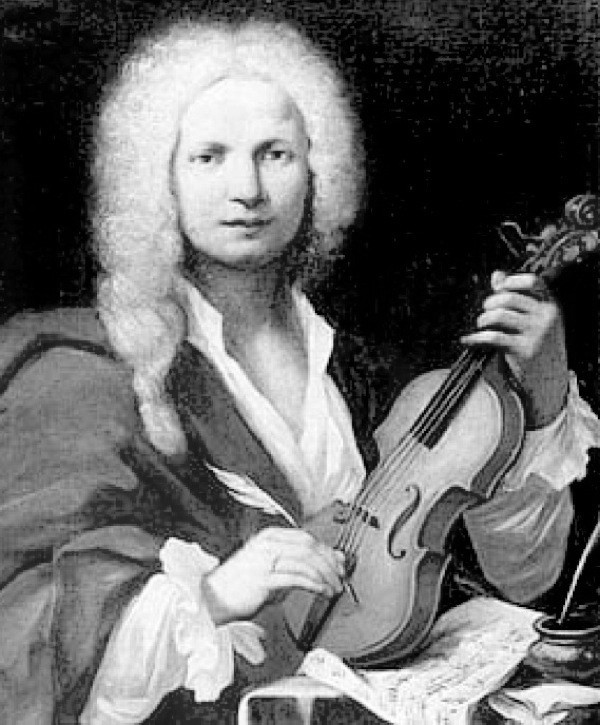SCORES & OUTDOORS: What does my weather prognosticating groundhog have to say this year?

Woodrow Charles
 by Roland D. Hallee
by Roland D. Hallee
I woke up one morning last week in a sweat. I just realized it was the time of year when I go out to Center Vassalboro to visit my weather-prognosticating friend, Woodrow Charles, the woodchuck.
Legend has it that if he sees his shadow we are in for six more weeks of hard winter. If he doesn’t see it, we can prepare for an early spring – which, honestly, hasn’t happened very often.
The winter has been mild with not very much snow, but that storm last weekend will make the trucking out to his lair more of a chore than it would have been a week ago.
So, I bundle up with a warm jacket, scarf, gloves, and high boots, ready to brave the weather.
Memories rush through my mind as I begin my journey. I really never know what to expect when I head out there. Some years he is receptive and cordial, but there are others where he is ornery, sarcastic and down right rude. I guess it depends on the type of winter we have had. I can’t imagine living in a tree stump during the cold months of winter.
OK, his den is now in sight. Oh oh! No smoke from the chimney and no lights on inside. I hope he is all right. Unless, of course, he headed south like he did one year to become a groundhog cam at the Daytona 500.
I approach gingerly, looking around. No tracks in the snow. I knock. Pause.
I knock again.
“OK, keep your shirt on,” came a response from inside.
“He’s home,” I think.
The door opens. It’s dark inside and I see only a pair of eyes staring at me.
“Oh, it’s you,” says Woody. “Come on in.”
I look around. Nothing much has changed from last year, except the wood burning stove is missing, no light fixtures anywhere, and just a lonely, dingy appearance to the place.
“What’s going on?” I ask.
“Oh, you haven’t been around. I’ve gone off the grid. Simplified my life.”
“Why would you do that,” I asked. “You used to be so comfortable, and where’s your 60-inch TV?”
“It was getting expensive. Haven’t had an increase in my Social Security in a while,” was his response. “I’m relying more on my natural instincts to staying warm.”
“What about the upcoming Super Bowl,” I inquired. “You always have the boys over.”
“Oh, you remember the boys, Frank, Butch and Slim. Well, I gave my TV to Slim, and I’ll be going over there this year. It’s actually warmer there, for a change.”
“It’s going to be an exciting one. The Patriots are in it again, and the Rams will be looking for some redemption for their loss to the Pats in 2002,” I preached.
“Naw, never happen. Pats by 10,” was his prediction.
“Speaking of predictions,” I segued, “Anything about the rest of the winter?”
“To be honest with you,” Woody said apologetically, “I don’t have electricity anymore to run my equipment. I’ll have to go with the old-fashioned method. Step outside to find out whether I see my shadow or not. I’ll be right back, stay here!” he ordered.
I watched him go out the door. A couple of minutes passed. Tick tock, tick tock.
Finally, he re-entered his den.
“All I can tell you is that the coldest period will take place from early February to mid-February,” Woody stated. “The snowiest period will be mid-March and early April. April and May will be rainier than normal with below normal temperatures.”
“So, what are you trying to tell me,” I asked. “You could tell that from simply stepping outside? What’s your prediction?”
“Well, my boy, get ready for six more weeks of winter. I can’t let you off that easy. It’s been pretty easy so far. I can’t let you go through an easy winter, you’ll get soft.”
“How long are you planning to keep playing this charade?” I inquired.
“I’m not pretending, I am a bonafide weather-prognosticator. Not like that impostor in Pennsylvania,” he shot back.
“No, not the weather. I mean pretending to want to be off the grid. It’s just not you.”
“Come back next year, and you’ll see, I’m in it for the long haul,” he retorted.
I put my coat and hat back on, headed toward the door, looked back, and simply shook my head. Not another word.
Roland’s trivia question of the week:
The New England Patriots and the St. Louis/Los Angeles Rams will meet for the second time in the Super Bowl. Rematches in the NFL Super Bowl have happened six times. Have two teams ever faced each other three times in the Super Bowl era?

















 (NAPSI)—Chances are, at some point you will be a caregiver to a friend or family member. Providing care and support can be challenging in any circumstance, but caring for a loved one who lives far away presents a unique set of challenges.
(NAPSI)—Chances are, at some point you will be a caregiver to a friend or family member. Providing care and support can be challenging in any circumstance, but caring for a loved one who lives far away presents a unique set of challenges.